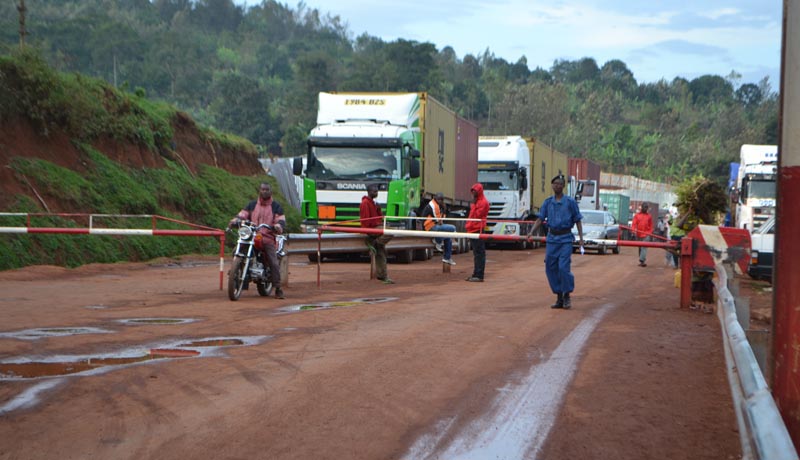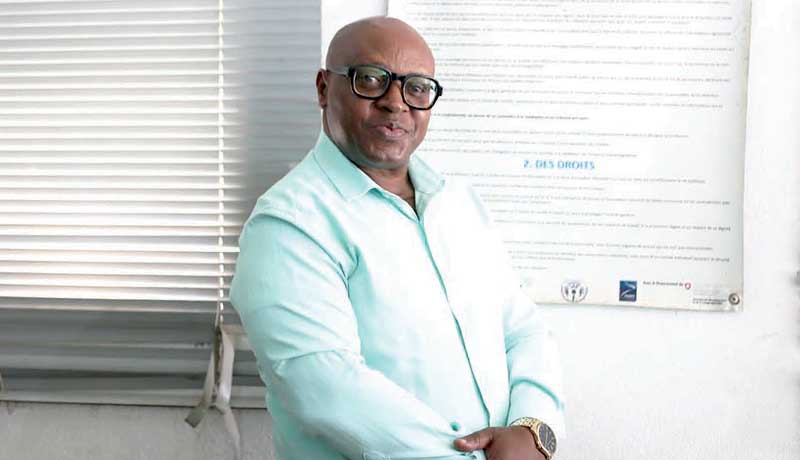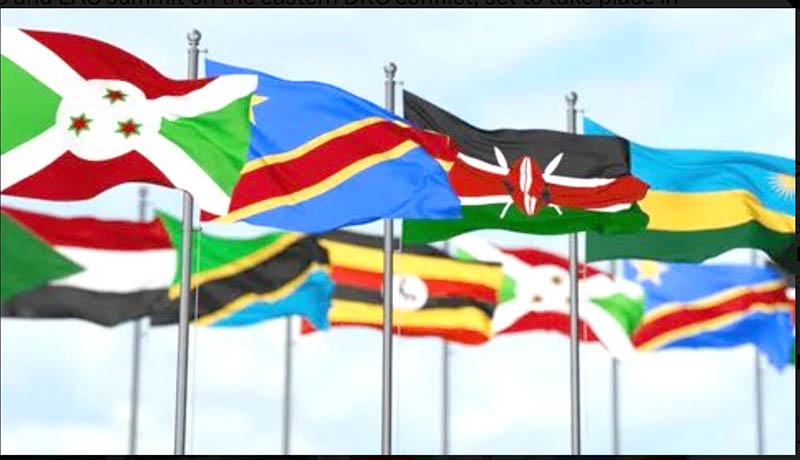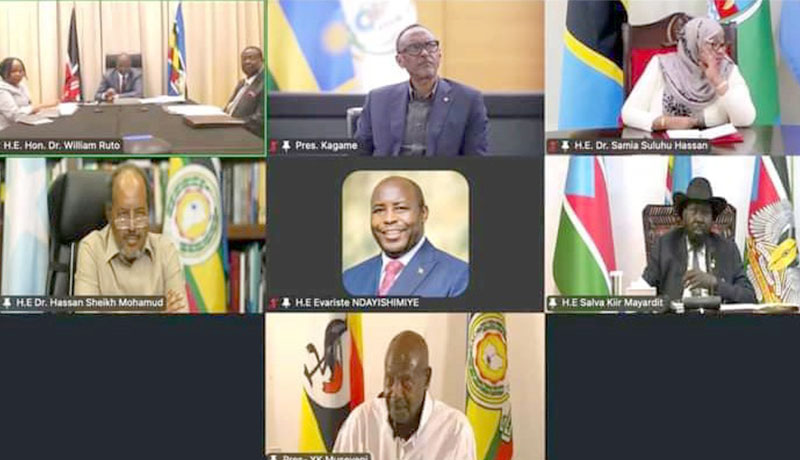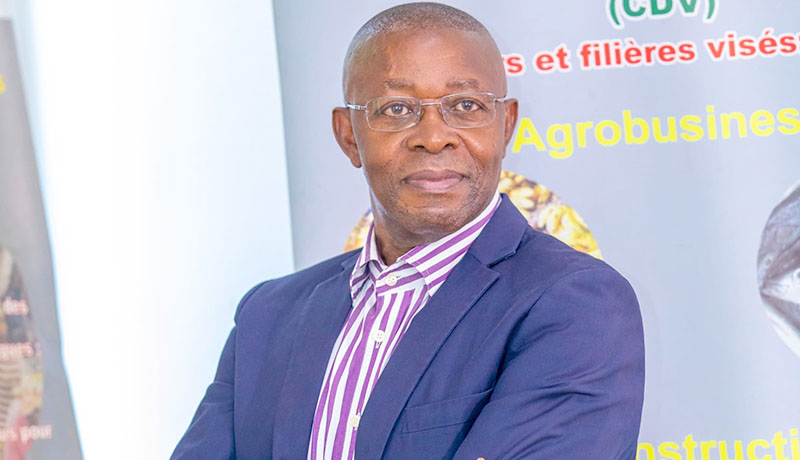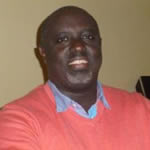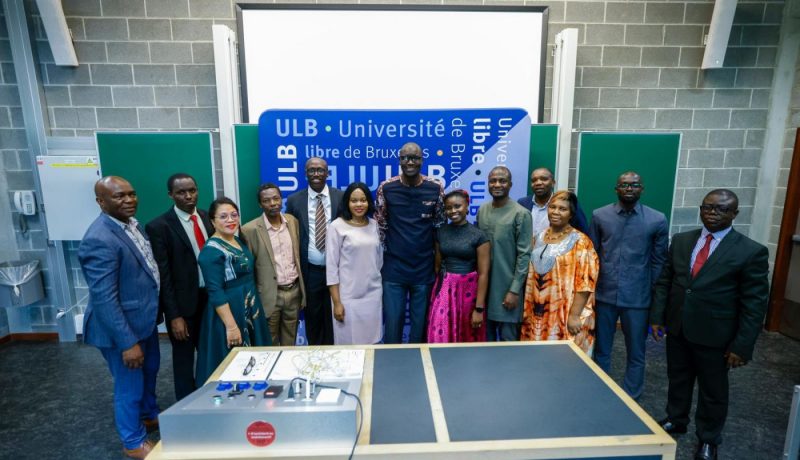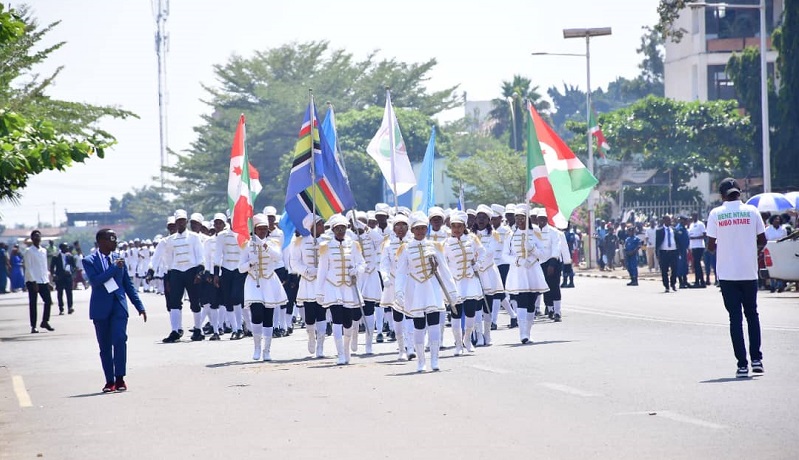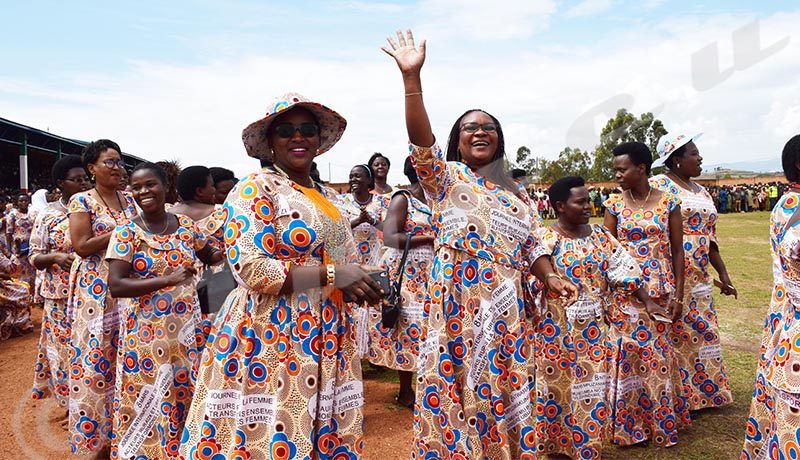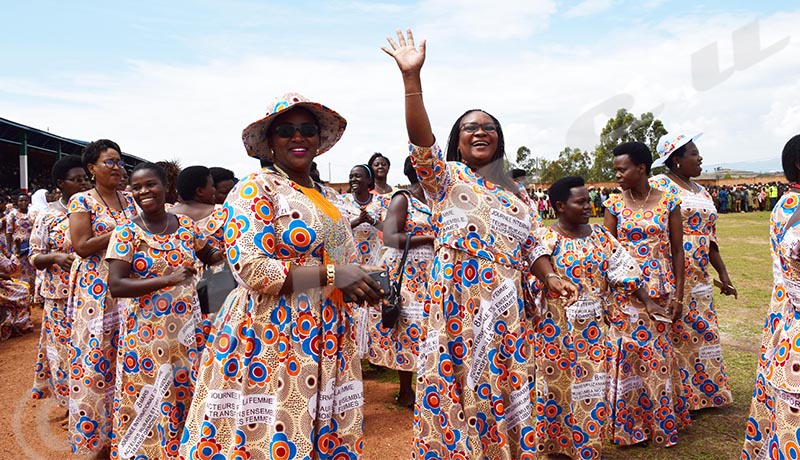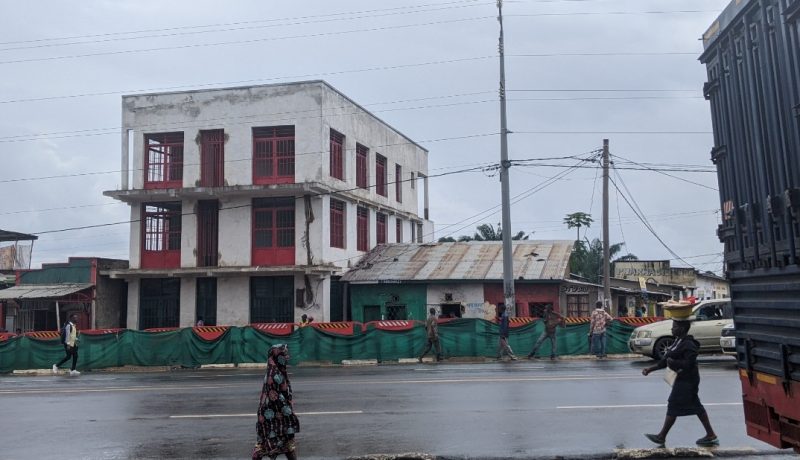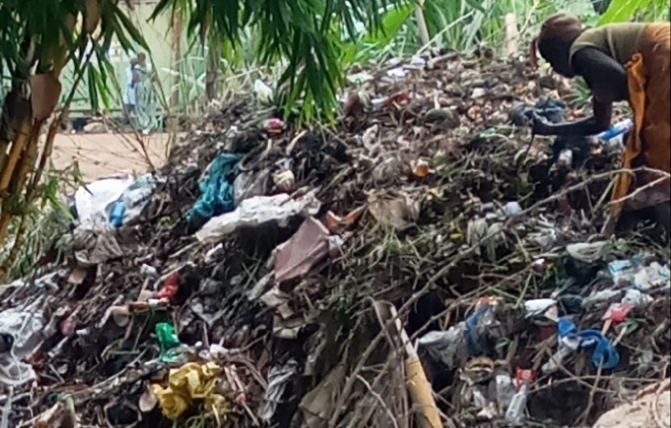The society for International Development (SID), in collaboration with TradeMark East Africa, proceeded to the launch of the EA 2012 report on the progress of the East African community on June 12, 2012. Benefits were noted but challenges have also been highlighted.
<doc4438|left>“There has been much progress”, says Aidan Eyakuze, Director of programs at the SID when presenting the report. First, he mentions the EAC is becoming more and more a regional bloc that draws the world’s attention. He cites countries such as southern Sudan, Sudan, Somalia and Ethiopia that have already expressed their interest for membership within the East African community.
Secondly, trade between the EAC partner states with the rest of the world has increased: "intra-regional trade increased from 2.2 billion us $ in 2005 to 4.1 billion in 2010." EAC trade with the rest of the world has indeed increased by 17.5 billion in 2005 to 37 billion in 2010. "The other element that shows the performance of the EAC, according to Mr. Eyakuze, is the influx of foreign direct investment. »The flow of foreign direct investment increased from 688 million dollars in 2000 to 1.7 billion in 2010," he said.
And he mentions a few champions of business in East Africa. Eyakuze also refers to the development of infrastructures: "There is Namanga – Athi River Road, a project of road development, which began in 2006, coordinated by ECA and funded by ADB (African Development Bank)." The cross-border electrification program allows Kenya to supply Namanga ( Tanzania) with electricity while Tanzania is already benefiting from electricity coming from Lunga – Lunga power plant.» This is in addition to the water and sanitation program on Lake Victoria, supported also by the ADB and whose main objective is the improvement of water and sanitation of the 15 cities selected around the Lake Victoria basin.
In addition, Mr. Eyakuze stressed the importance of the convergence of policies between the partner states. "Efforts to increase enrolment at the first level through universal primary education programs have been made through the whole EAC region." "And their investments in health have increased between 2000 and 2009," he said.
The challenges are growing
Even if the benefits of integration are huge within the EAC region, the same progress report indicates that challenges remain an issue of concern in the community. Among other challenges, the Director of programs at the SID mentions poverty affecting a large part of the East – African population and food insecurity: "poverty remains at high levels, with 53 million Africans living below poverty line in 2010.In addition, food security remains a chronic problem throughout the whole the region” Burundi has the highest percentage of children who display growth delays in 2010 (58%). "According to him, the rapid population growth impedes poverty reduction efforts. »Between 2005 and 2010, the region’s population increased $ by 24 million. "In 2030, the population of the East Africa will represent 40% of the total population of sub-Saharan Africa", he says.
Other challenges, presented by Mr. Eyakuze, are related to the development of informal trade and he also mentions that highly qualified African is to flee to the West, etc.
With all these challenges, Mr. Eyakuze calls the entire population of the EAC to get involved: "all citizens must learn about the opportunities and the challenges of regional integration because the latter concern all of them." It is the integration of the peoples and not only Governments. "To this end, he stressed the importance of negotiations between countries on these challenges to strengthen regional integration.
The English language, a challenge for Burundi
Apart from the challenges mentioned by Mr. Aidan Eyakuze, Burundian civil society, traders and other participants, mentioned the challenge of the English language used as the official language within the EAC. A former employee in the Senate of Burundi gave, as an example, the case of Burundian senators, invited to a meeting in Nairobi. The Burundian delegation boycotted the meeting because they alleged English had been imposed as the sole working language in the workshop. Negotiating the use of the French language in the community has been one of the recommendations made by the majority of participants to the attention of the Ministry in charge of the East African community affairs.
About informal trade which is also perceived as a challenge within EAC, Burundian traders accuse the Government of applying high tariffs. "The rates which are charged for non- exempted goods seem to be 47% of the goods total value." "Surely, very few can afford these high prices”, indicates Polycarpe Kubwayo, Executive Secretary of the association of Burundian cross-border traders. And he goes on to clarify that even some of his colleagues have already fled the country: "Some went to Mozambique, where the fees are not as high as is the case in Burundi." This trader regrets the fact that the Burundi Revenue Authority does not display its rates so that traders may know how much they must pay exactly. "The rates are opaque! » he concludes.
